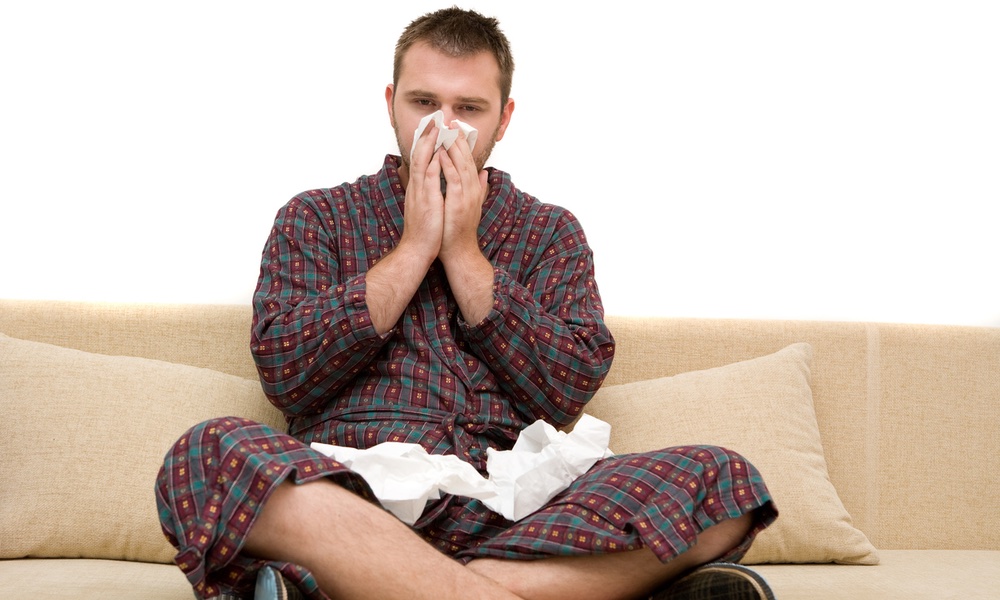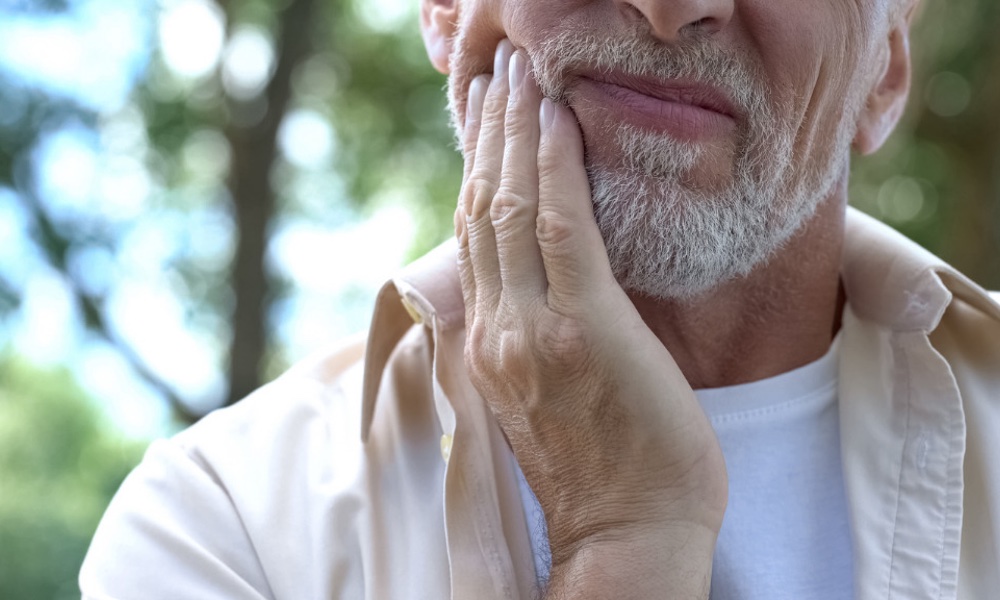The 2000 Sydney Olympics are just around the corner. For all those lucky enough to be going, we asked TheDoctor's, Martin Carey, M.D., an expert in emergency medical services, who worked for several years as a physician in Australia and New Zealand, to alert us to anything you'll need to know about medical care in Australia.
— The Editors
— The Editors
If you are among the many people heading to Sydney for the Olympics, it's a good idea to do some personal health preparation before you board the airplane for the long trip to Australia. I guarantee that it will be time well spent.
Useful Travel Tips for Any Destination
Put together a folder that contains your important medical information:
- Write down the names of ANY medications, together with the times you take them. Write down both the trade (or brand) name (for example, Prilosec®) and the generic name (in this case 'omeprazole'). Both can usually be found on the bottle. Note the exact dosage (for example, '10 mg') and the number of times you take it each day. Do not just write 'One tablet, twice daily', because sometimes the same medication may come in a couple of different doses.
- Carry all your medications, and copies of all this information on your person. It will not help if you are in Sydney and your medications are in Singapore along with the rest of your luggage!
- If your doctor has prescribed narcotic painkillers, ask him or her to give you a letter explaining the reason for the medication and the dose you usually take. This will be of great help should you be stopped by customs, or if you should run out or lose the medication.
- If you have allergies to any medicines or foods, write them down, perhaps in red, so that they are clearly seen.
- Do you have a complex medical history? Have you had serious illness in the past or currently? Diabetes or heart disease, for instance? Make a list of your medical problems. If you have heart problems, carry a recent copy of your EKG (electrocardiogram or 'heart trace') with you. Your doctor can easily make a copy for you.
- If you have had a recent hospital stay, operation or other condition, bring a copy of the hospital discharge letter with you. Again, these can be obtained from your doctor.
- Even if you are the fittest person in the world, you should get accidental medical insurance. You could trip on the sidewalk, slip in the shower or any of a million other things could compel you to seek medical attention.
- Health care, even for a relatively minor problem, such as a laceration is expensive anywhere, and could make a big dent in your funds. Check with your medical insurance provider to see if they cover medical care in Australia. If so, be sure to bring your insurance I.D. card.
Handling the Long Flight
The flight from the U.S. to Australia is LONG! Try and drink plenty of fluids, preferably water, throughout the trip. Get up regularly from your seat and stretch your legs. If, within a few days of arriving in Australia, you have pain and swelling in the lower legs or, potentially more seriously, you seem to be short of breath, be sure to tell the physician that you have recently had a long airplane trip.
Why? A long period of lack of exercise may result in blood clots in your legs, which, if they travel to your lungs, can produce a life-threatening condition.
Sunny Sydney
Although you can expect Sydney temperatures in the upper 60s to 70s in September (the antipodean Springtime), the sun can still be very strong. The classic picture of the Australian wearing a hat is true for a reason. Aussies know that they will burn, even on cloudy days. Consider taking or purchasing a lightweight hat to wear whenever you are outside. Take plenty of sun block and use it!
Drinking Water
You should have no concerns, in any way, related to tap-water consumption in major cities. However, if your trip includes a journey into the Outback, you need to take the advice of your guide as to when it is safe to drink water from streams, rivers or billabongs (a sort of pond).
Walk Till You...
It is also important to remember that you will be doing a lot of walking. Cars are banned from the Olympic site and all spectators will be required to use public transportation to get to the site and get around the very extensive complex. Wear appropriate shoes and remember to drink plenty of fluids throughout the day. Avoid caffeine or alcohol if you do not want to get dehydrated.
What about minor problems, coughs and colds, diarrhea, or aches and pains from all that walking?
Most of the medications you usually find in the drug stores in the United States are available over the counter in Australia. However, some of the names of the drugs may be slightly different. For example, 'acetominophen' (the active ingredient in 'Tylenol' and other brands of pain reliever) is sometimes known as 'paracetemol' in Australia. The Australian pharmacists should be able to help you if you have questions. However, if you have a 'favorite' medication you use for any purpose, you may want to note down again both the trade name and the main active ingredient name. This will help you find the Australian equivalent.
Medical Help
If you do need medical assistance in Australia, you are likely to receive attention from one of the many First Aid and medical centers established around the Olympic site. Or you may attend one of the Emergency Departments dotted around Sydney and all other major towns and cities in Australia.
The care and attention you will receive in Australia is at least equivalent to that you would obtain from Emergency Departments in the United States. Similar to emergency departments in the United States, a system of 'triage' is employed. Patients are classified according to the severity of their illness or injury. Those with the most serious or life-threatening injury or illness are seen first, while patients with more minor problems will be asked to wait.
Though some emergency departments will have a notice board stating the wait times, it is not always apparent exactly why one is waiting because critically ill patients often arrive through a totally separate entrance from the 'walk in'.
This list is probably long enough! I hope it provides a little reassurance that will help you enjoy what should be the trip of a lifetime! Have fun, and cheer them on for me!




